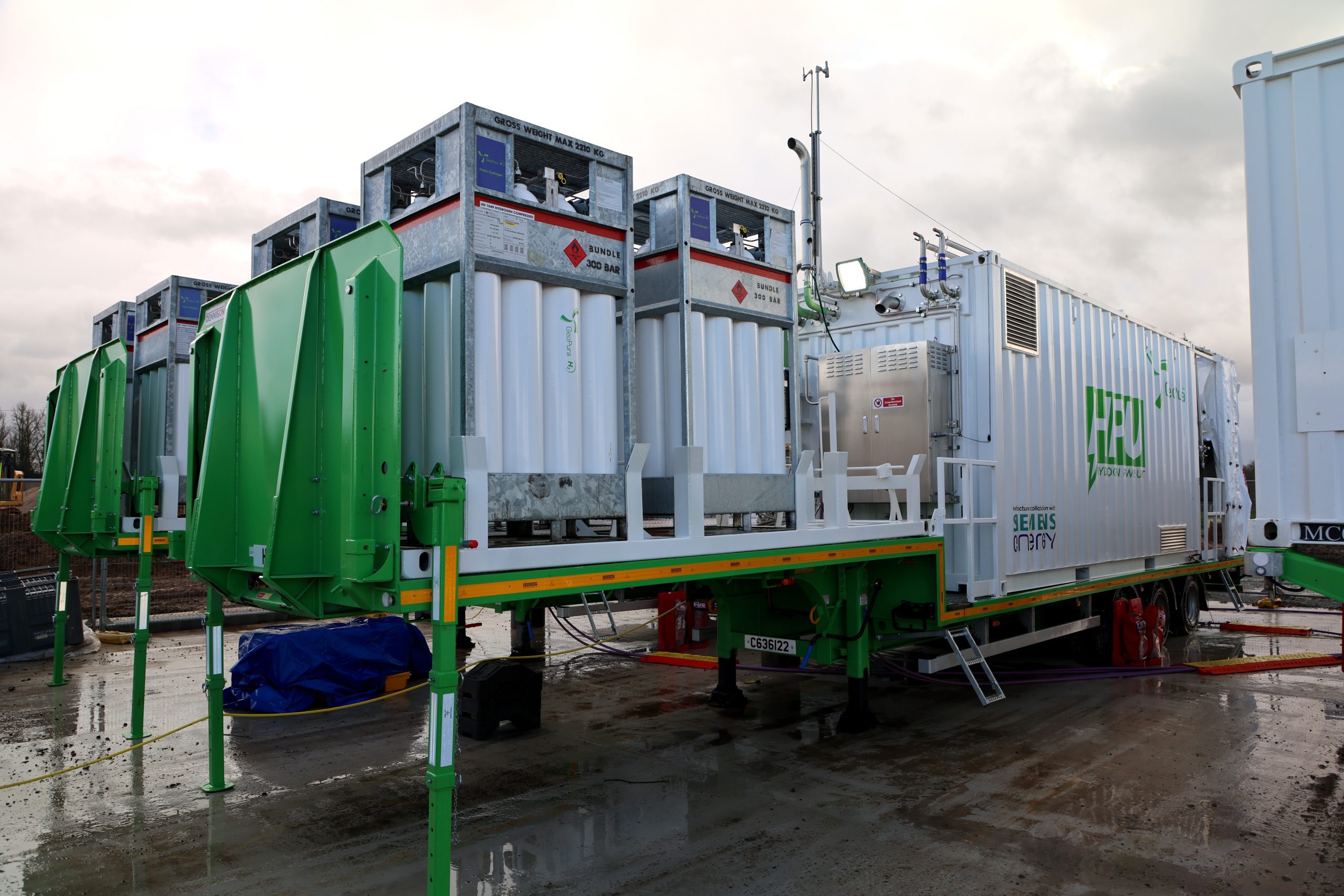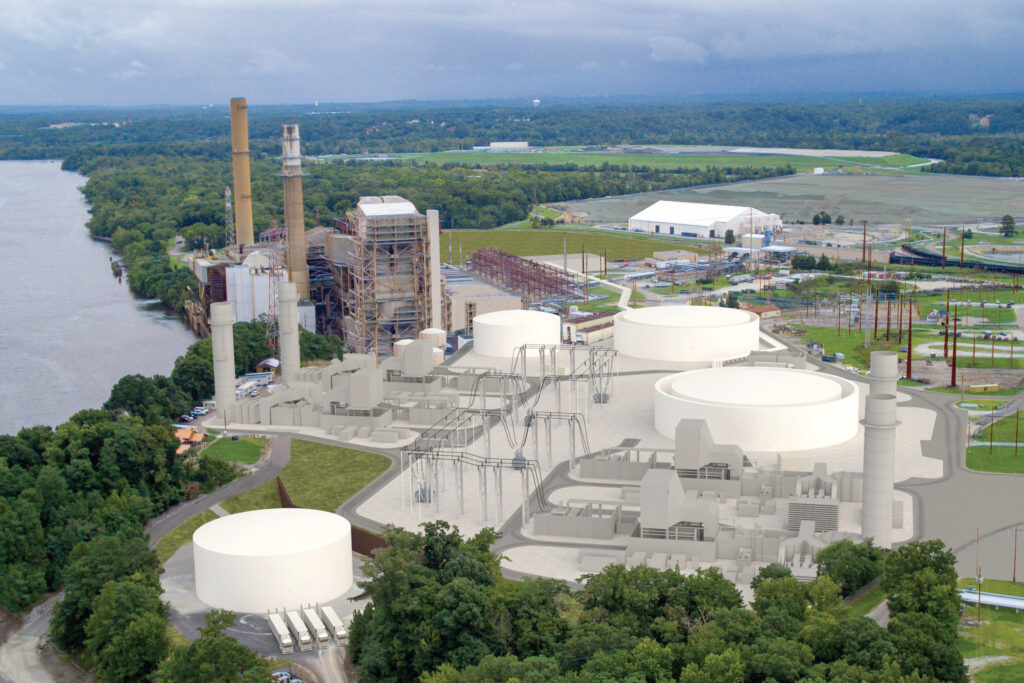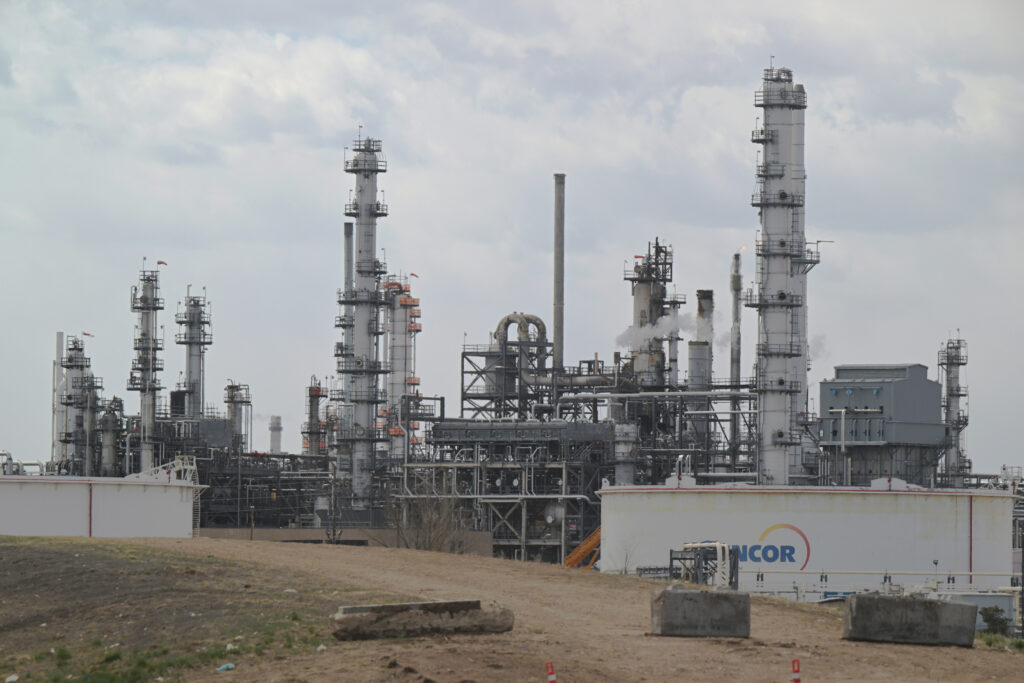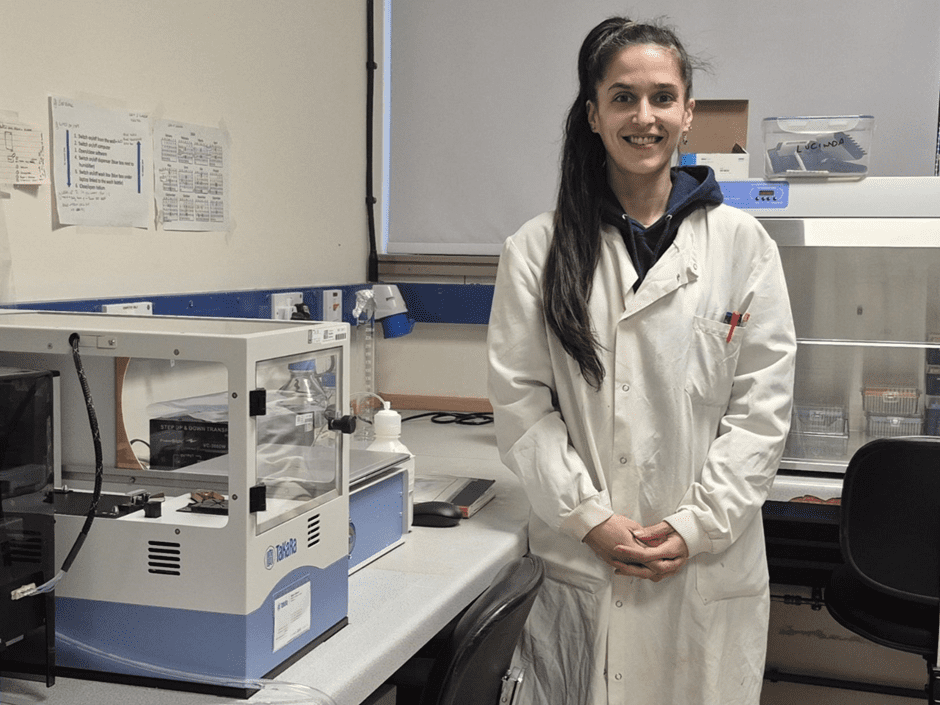At the close of 2023, Defra asked the British Ecological Society to bring together nearly 40 experts, to collate expert opinion on freshwater policy and set out a list of priorities for the biodiversity evidence programme to focus on. Published on 21 March, the new report sets out priorities for restoring England’s polluted fresh waters.
We know that England’s rivers, and the life they support, are in a desperate state. The River Trust’s annual State of Our Rivers report found that a mere 15% of rivers in England were classed as being in good ecological health and no single waterway was classed as being in good overall health. Calls to drastically improve the health of our rivers are getting louder and more urgent from all quarters.
The Environment Act (2021) sets out much-needed targets for both water quality and biodiversity, but the road to achieving these goals is complex. What’s more, current water targets do not provide flexibility for emerging threats such as climate change and novel chemical pollution, including Perfluoroalkyl and Polyfluoroalkyl Substances (PFAS), often termed forever chemicals.
This workshop resulted in the “Delivering Biodiversity: priority actions for fresh water” report which sets out how Environment Act targets deliver for biodiversity in freshwater and what priority actions should be taken to achieve them by 2030.
Priority actions
The report identifies priority actions for restoring freshwater biodiversity which include reducing pollution from agriculture, wastewater, and other sources; enhancing freshwater habitat connectivity; a more comprehensive approach monitoring; and an update to aquatic biodiversity indicators.
Incentivising farmers to reduce agricultural pollution
As Alan Lovell, Chair of the Environment Agency, pointed out at the NFU Conference, the uncomfortable evidence is that the agricultural sector is responsible for 40% of England’s river pollution, even more than water companies at 36%.
With 70% of England’s land farmed, a priority is to reduce the flow of agricultural pollution into our waterways. To do this, farmers should be better incentivised to take up regenerative agriculture practices, such as those which reduce the use of fertilisers, pesticides and herbicides as well as farming back from rivers, fencing off watercourses to keep livestock out, and planting riparian woodlands.
Rob Booth, Senior Policy Officer at the British Ecological Society said: “As our report recognises, land management actions to improve water quality are already financially rewarded in England through various schemes and offers, so the question is how to improve uptake. The report states that such actions should be ‘rewarded appropriately’ and given growing societal concern about cleaning up England’s rivers, such actions would surely resonate with the public.”
As well as incentives, farmers also need clear and independent advice, that is routed in ecological evidence, on delivering environmental sustainability.
Better regulation of sewage
Better monitoring and regulation of wastewater treatment works, along with improvements to infrastructure are essential to reducing sewage overflows. Priorities include targeting failing sewage plants, particularly those in headwaters to help improve biodiversity along the entire length of a river, and preventing combined sewage overflow dry spills (spills not caused by heavy rain).
Increased waterway connectivity
Making our rivers and floodplains more connected will improve the functioning and resilience of these ecosystems. Connectivity can be increased through removal of barriers such as weirs and restoring smaller water bodies like ponds, canals and wetlands which are often overlooked in monitoring and protection.
Widespread and comprehensive monitoring
Sustained investment in monitoring the state of biodiversity in our fresh waters, and the threats it faces, is essential. Without an uplift in monitoring, it will be impossible to know if Defra’s biodiversity targets are achieved, to accurately trace sources of pollution, or to fully understand the factors that impact the biological status of our fresh waters.
Updating aquatic biodiversity indicators
Freshwater invertebrates (such as insects and crustaceans) are currently used as the primary indicators of freshwater ecological quality. But the report argues that there is no single ‘best’ indicator of change in the water environment and several indicators are required to accurately monitor progress towards Defra’s biodiversity targets.
Quotes
Hazel Norman, CEO of the British Ecological Society, said: “From shocking footage of sewage spills to in-depth reports, the dire state of England’s freshwaters has never been more visible to us. The government knows action needs to be taken and has set out vital targets for water quality and biodiversity, but achieving these goals is far from easy, with numerous interlinked pressures threatening our fresh water.
“The BES’s new report arms Defra with the ecological expertise needed to understand the pressures on our freshwater environments and sets out clear priority actions to turn the tide of biodiversity loss.”
Dr Steve Thackeray, Group Leader and lake ecologist at UKCEH and lead author of the report, said: “Our precious freshwater ecosystems are home to a huge diversity of species and are always changing. They are very sensitive to pressures like pollution and climate change, so it is essential to invest in monitoring these habitats to gather robust evidence of change. Only then can we detect deterioration and track any improvements that arise through our actions.”
You can rad the full report here.

















